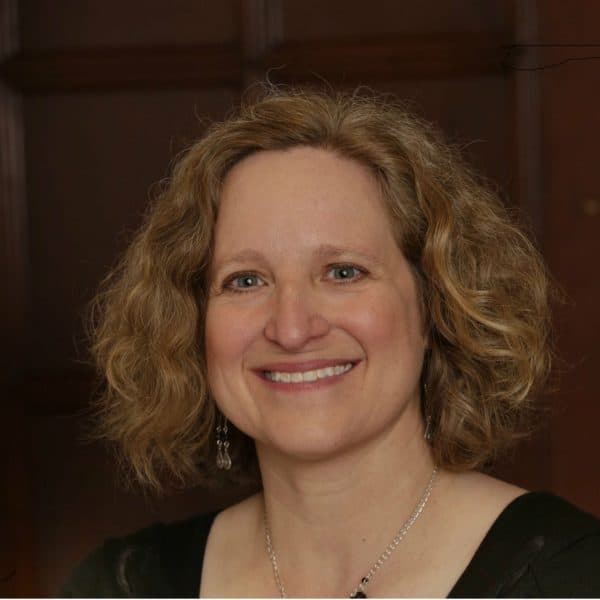Advertisement
Trending: #MyMuslimNeighborhood — Patrolling Bigotry, And A Dangerous Idea

Sometimes we can find hope in the most pitiful of moments. This is again a dark week in our world as we mourn victims of the terrorist attacks in Brussels. This is again a time that has brought out the worst in fear-mongering from politicians.
This time, Republican presidential candidate Ted Cruz suggested we should go after terrorists by patrolling “Muslim neighborhoods” in America. Not long after, I noticed a new hashtag on Twitter, #MyMuslimNeighborhood.
The tweet that got it started was directed to Ted Cruz and came from a Houstonian: “I’m Muslim and live in the same Houston neighborhood as you. Are you calling for patrols here?”
And with the torrent of tweets that followed, I was transfixed.
There was the woman who tweeted that she was having ice cream now. Would Cruz like to share? I particularly loved the tweet bearing a photo of a toddler blowing out the candles on his aunt’s birthday cake, complete with hashtag #toddlerproblems in that so-called Muslim neighborhood. Another Twitter user noted that, where she lives, Muslims joined their neighbors in a march for peace and love.
And a researcher at Georgetown tweeted at Cruz: “I'm #Christian & #MyMuslimNeighborhood was a living-learning dorm at @Georgetown. There I made loving friends & grew in my faith.”
Implicit in all of these tweets is the fact that there really is no such thing as a “Muslim neighborhood” in American towns and cities.
I read those #MyMuslimNeighborhood tweets and thought of my own suburban Boston town, where I live among Muslims, Hindus, other Jews, Christians, Buddhists, atheists and people of many other faiths. The notion of patrolling any neighborhood isn't just ludicrous, it's dangerous. As wrong-headed and hate-mongering as Donald Trump's call to ban foreign Muslims from entry in the U.S.
I thought too of a Muslim family I met while researching a book on teaching religious diversity. They live in Wellesley. The parents are doctors, and their two sons play with the children of Christians and Jews that live nearby. In their neighborhood, they told me, they feel at home.
But beyond it, they have felt trepidation, especially since 9/11, and again after the attacks in Paris and Lebanon last November. That's when the mother joined another trend on Twitter that was started by Muslims: #NotInMyName. She wanted others to know the terrorists were not her. Theirs was not the religion she treasured.
What is a Muslim neighborhood? It is where we all live.
